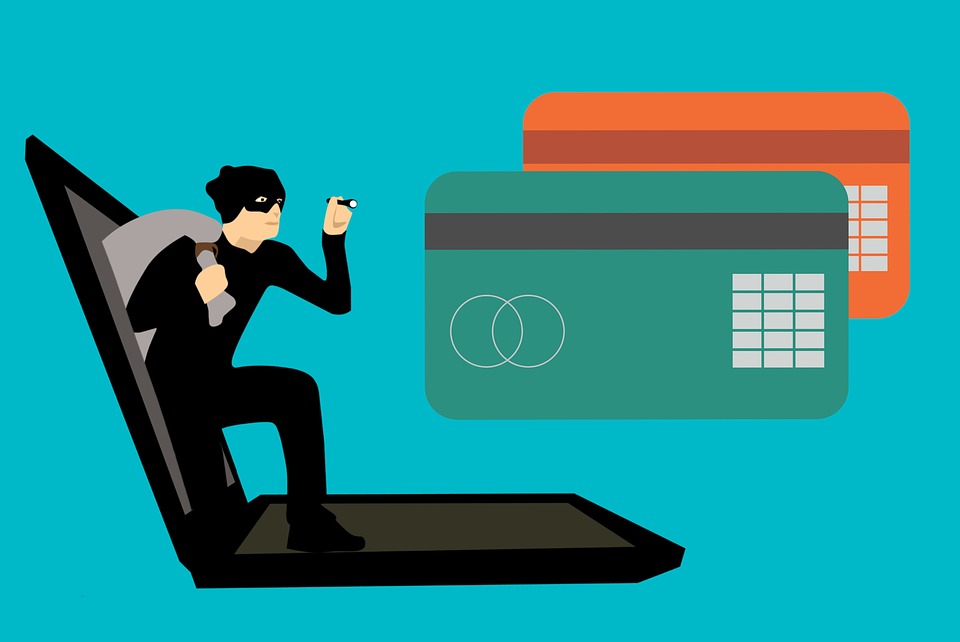Phishing, hacking, wire fraud – these are all ways people attempt to steal from others online. As real estate searches and transactions move more online, the chances of cyber crime scams are even greater.
We’ve all received the email from the Nigerian prince who will send you money that’s being held for you if you would just supply your bank account details. There are also the phone calls from Social Security. These calls say your benefits have been cancelled. Or more so, the IRS states that you owe back taxes and will be arrest you if you don’t pay cash immediately. Unfortunately, there are people, especially the elderly, that get taken in by these scams every day.
Cyber Crimes and Real Estate

Cyber crimes have become increasingly sophisticated over the years and the people committing these crimes focus on situations where a lot of money is changing hands, making real estate transactions an ideal target. The National Association of Realtors® recently warned its members and consumers about one example, a wiring scam during the closing stage of the home buying and selling process.
Hackers will break into the email accounts of consumers and real estate professionals to get details about a real estate transaction. The hacker sends an email pretending to be the buyer, seller, Realtor®, or someone else involved in the closing process. Then, they say there is a last minute change and provide new wiring instructions. Next, the instructions send the closing funds directly into the hacker’s bank account. In Citrus County, there have been several incidents involving wire fraud. It can happen here.
Protect Yourself Against Cyber Crime

While it may seem like there are hundreds of ways for a criminal to take advantage of a consumer online, there are just as many ways consumers can protect themselves. Here are a few tips to help home buyers and sellers recognize and avoid real estate scams:
- Do not send sensitive information via email
- Never send banking information, social security numbers or anything else that can compromise your identity over email.
- Do not click on unverified email
- If you do not recognize the name or email address of the sender, do not open the email
- Beware of any attachments or downloadable files from unknown email addresses. They contain viruses or provide a way for a hacker to access your computer
- Do not use unsecured WIFI
- While it may seem harmless to check banking information using the free WIFI at the local coffee shop, using an open connection can leave you vulnerable to hackers and scammers
- Only access sensitive information on your home computer or a secured network
When Cyber Crime Happens To You

If you suspect that fraud has or is in the process of occurring, contact all persons connected to the transaction immediately. Unfortunately, often there is no way to retrieve money stolen in the scam. Report all incidents to your local law enforcement agency. Additionally, report to the FBI’s Internet Crime Center and the Federal Trade Commission.
If you have questions regarding the wire transfer of funds, contact your Realtor® and the title company.
For more information on how to safely and securely buy or sell a home, contact the Realtors® Association of Citrus County. Call them for more information at 352-746-7550 or visit raccfl.com.
About the Author

Ruth Edwards, serves as the 2019 President of the Realtors® Association of Citrus County. Additionally, she is an active Realtor® with Coldwell Banker Next Generation Realty. Contact Ruth for assistance with all of your Sugarmill Woods and Citrus County real estate needs. Either by phone at (352) 586-0115 or by email: ruthedwardsrealtor@outlook.com.
Build in Sugarmill Woods, Florida

When you’re ready to build, contact the trusted professionals of Edward Russell Johnston, Inc. Over 43 years of building beautiful homes in Sugarmill Woods and across the Nature Coast. Call (352) 795-2200 for more information.







